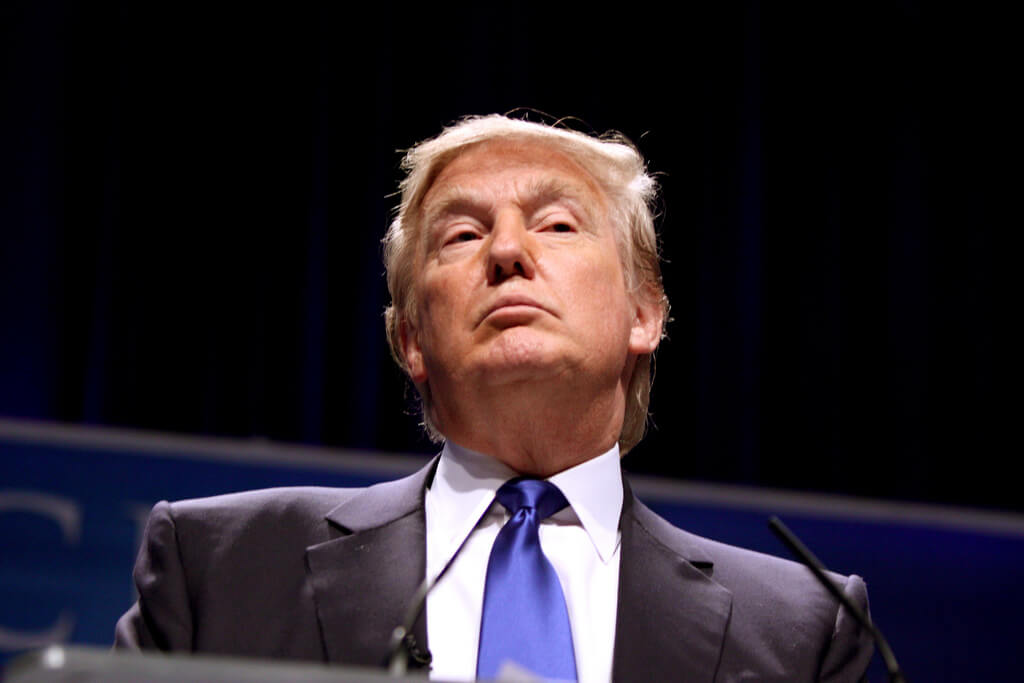 This is a question asked to me by Inside Edition…twice. Over the course of the second debate, Trump was noted to sniffle 92 times: why? There are many theories, but as a speech coach I would like to focus on three in particular that are related to public speaking.
This is a question asked to me by Inside Edition…twice. Over the course of the second debate, Trump was noted to sniffle 92 times: why? There are many theories, but as a speech coach I would like to focus on three in particular that are related to public speaking.
- Misused compensatory techniques: I teach my clients to breathe in through their nose and out through their mouth to maximize vocal power. Since this breathing technique can also have a relaxing effect, I especially emphasize it with clients that are anxious speaking in front of large groups. Speaking in front of 70-100 million people in the United States can certainly cause someone some anxiety. It’s possible that Trump was told to breathe in through his nose, and he used that technique excessively. Not being sure how much professional speech coaching he initially had, I believe he was taught techniques but didn’t necessarily practice enough to master the techniques.
- Dehydration: I noted during the entire second debate there did not appear to be any water available. I cannot imagine speaking without water and I certainly don’t recommend that to anyone. Proper, consistent hydration is essential for the vocal cords to function properly and maintain a strong, dynamic speaking voice. It’s possible that the lack of hydration caused some discomfort, and Trump’s constant sniffling was a reaction to that sensation.
- Fillers: Another theory is that Trump used the inhalations in a similar way to how one may use a filler word such as um, like, or you know. When pushed on questions that may have been uncomfortable, he might have resorted to the inhale rather than to use a silent and effective pause. After the last debate, Inside Edition interviewed me again, this time to get my opinion on why there was a significant decrease in the number of sniffles over the course of the debate. It’s possible that as Trump became more comfortable with the format and the process of responding to questions, his need for “filler sniffs” decreased, and he was able to rely on them less.
In summary, if you want to master a presentation or a debate you must practice. Practice can help you become comfortable from the very beginning of your presentation, and also help you incorporate any compensatory strategies in the most effective way possible. If the presentation is important enough, you may want to meet with a speech professional, but the key to speaking success is practice.
Would you or a colleague benefit from communication training or accent reduction services? Give us a call and see how Corporate Speech Solutions can improve your professional life! Call us at 212-308-7725 or send us an e-mail at info@corporatespeechsolutions.com to learn more. I’d be more than happy to answer any questions you might have!
© 2016, Corporate Speech Solutions of New York City and Long Island – All Rights Reserved

Comments are closed